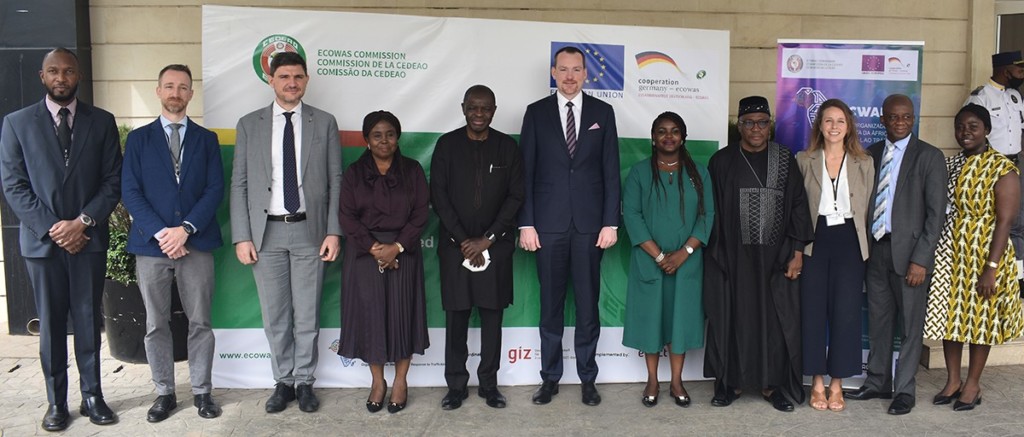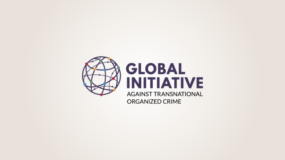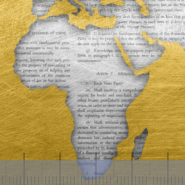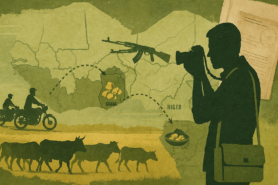Posted on 17 Mar 2022
Abuja, Nigeria – Decisive efforts are needed by Economic Community of West African States (ECOWAS) member states, the ECOWAS Commission and civil society to deal with the root causes of organised crime, enhance service delivery and support law enforcement agencies. Resolute actions against money laundering and corruption, which enable these illicit markets, are also vital.

These were among the issues discussed on 17 March at the first Regional Multi-Stakeholder Dialogue on Addressing Transnational Organised Crime in West Africa held in Abuja, Nigeria. The event’s opening by the ECOWAS Commission included the launch of the West African Research Network on Organised Crime (WARNOC). The network is part of the ECOWAS strategy to work with civil society to ensure effective responses to organised crime in line with the ECOWAS Political Declaration on the Prevention of Drug Abuse, Illicit Drug Trafficking and Organised Crimes in West Africa of 2008.
It provided a platform for ECOWAS member states, the ECOWAS Commission and affiliated institutions, civil society organisations (CSOs), development partners and experts to explore new opportunities to tackle organised crime and enhance community resilience in West Africa.
Despite the significant efforts of ECOWAS member states and civil society, illicit economies linked to human trafficking, drugs and non-renewable resources remain a risk. The illicit trade in counterfeit medicines, methamphetamines and tramadol are reportedly growing in many parts of West Africa, as is the illicit trade of arms which threatens regional stability.
West Africa benefits from significant resilience to organised crime, but the region remains vulnerable to political setbacks, corruption and transnational organised crime. Further, in line with broader global trends, the COVID-19 pandemic has eroded state resilience and granted criminality new opportunities to flourish in West Africa.
The event was convened in the context of the Organised Crime: West African Response to Trafficking (OCWAR–T) project by GIZ in collaboration with the Institute for Security Studies and Global Initiative against Transnational Organised Crime (GI-TOC). OCWAR-T supports ECOWAS Member States and Mauritania in reducing transnational organised crime (TOC) by strengthening national and regional structures and capacities and is fostering evidence-led policy and decision-making. Specifically, OCWAR-T supports efforts in enhancing criminal investigation and prosecution, improving small arms control and reducing human trafficking. OCWAR-T is an ECOWAS support project, commissioned by the German Government and co-funded by the EU.
For more information on the OCWAR-T Project, click here.
For interviews, contact:
Dr Christian Ani, ENACT: nani@issafrica.org, +2349034438616



